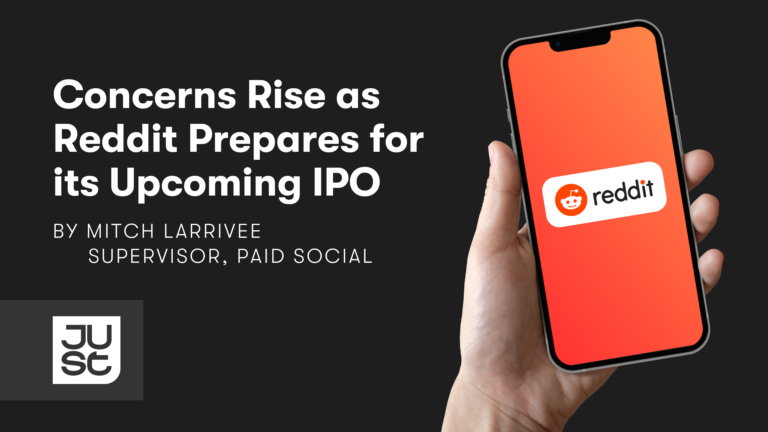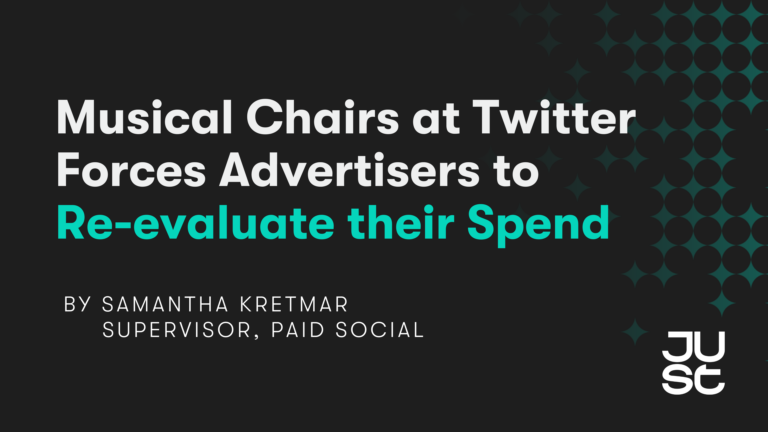AI looks set to transform the way the world does business.
As a global B2B marketing agency, we’re producing a series of thought leadership pieces that explore the topic in depth. Delivering insights, advice, and recommendations, our aim is to help you make an informed decision on how AI can help transform your business.
In this first piece, we explore the growth of Generative AI and its potential impact.
By Marcus Hiles, Global VP, Insights and ABM
It’s currently the hot topic on marketers’ lips, but what precisely is Generative AI, and what will its growth and take-up mean for an industry already implementing integrated marketing solutions?
If the doomsayers are to be believed, Generative AI heralds the end of civilization as we know it. But there’s a counter view – that it will allow us, as human beings who work with it, to become more productive, deliver greater efficiency in the way we do business, and develop new ideas that will increase productivity, giving us even more of a competitive edge.
It’s certainly not the end of civilization as we know it. You only need to look at the way Generative AI is now being discussed in the press. Cataclysmic headlines have made way for ones that are far less scaremongering in their tone – which can only be good news. It seems that the end of the world is not nigh, and whether we like it or not, Generative AI is here to stay.
So, what precisely can Generative AI do?
Generative AI refers to AI techniques that learn from large data sets – basically the entire public domain on the internet – and use it to generate brand-new materials that preserve a likeness to original data.
This process can produce totally new media content, including text, image, video, and audio synthetic data – of huge benefit to any global marketing agency – and models of physical objects, whereas predictive AI uses machine learning by processing data to give advanced warning of any bad outcomes, and prevents them from happening. Generative AI can also be used in drug design, medicine, finance, manufacturing, and other materials-based industries. It looks set to transform roles and increase performance across functions, including sales and marketing, software development, and customer operations.
Whilst not all commentators may agree on where Generative AI may ultimately take us, there’s a consensus that its growth and trajectory are unprecedented in the field of technology and automation.
Beyond the yellow brick road
By 2024, Gartner predicts that the use of synthetic data created with Generative AI will reduce the volume of real data needed for machine learning by 50%. The following year they estimate that 30% of outbound marketing messages from large organizations will be synthetically generated.
They go on to say that it’s possible that by 2026 Generative AI will automate over 60% of the design effort for new websites and mobile apps, and that more than 100 million humans will engage robocolleagues (synthetic virtual colleagues) to contribute to enterprise work. And looking further ahead still, by 2027 nearly 15% of new applications will be automatically generated by AI without a human in the loop, up from 0% today.
We don’t use the word unprecedented lightly, but to get to 15% from a starting point of nothing, in only four years, is unheard of. In addition, Gartner estimates that generative AI’s penetration rate across all industries currently stands at around 1%. They estimate that by 2025 it’ll account for 10%. Furthermore, based on a study of 63 use cases McKinsey project that the Generative AI market could be worth between $2.6T and $4.4T worldwide. This would result in a massive boost to productivity, right across the board, and be a game-changer in any organization’s integrated marketing solutions.
This new world is not without risks
Whilst this will revolutionize the way we do business, there are risks to be aware of, such as the evolving threat landscape due to the accelerating development of Generative AI. Before adopting Generative AI into your business there are several things you need to consider – from deep fakes, and the reputational damage that could cause for your organization, through to malware being developed, intellectual property theft, and copyright infringement.
“We must embrace the risks. We need to embrace those risks intelligently, experiment, build on those experiments, drive scale, but not taking those risks is a hopeless point of view to start from.”
- James Quincey, CEO, Coca-Cola
There are so many questions currently left unanswered, such as who would own the copyright to what Generative AI produces? There currently aren’t any laws that cover a computer’s output – only humans can have copyright, so what happens when a computer produces content? Governments have been caught off-guard, and are only now beginning to react to the potential legal minefield Generative AI poses.
Preparing for the rise of AI
A good place to start is with an audit across your organization to work out which tasks could be operationalized with Generative AI. Can they be done more efficiently, and will your teams be able to get the data they need from it efficiently? Build a cross-functional prompt engineering discipline to ensure your organization is getting the best possible answers out of Generative AI. Don’t just ask a question, give it data first.
And make sure not to leak your IP, as Generative AI is built on large datasets, so any data you input into a prompt will be augmented into that dataset, leading to a private data leak.
Working with a Cloud Provider or AI provider to have Private Fine Tuning built into your organization will allow for data transfer to be encrypted.
Generative AI offers unimaginable business possibilities. However, it’s vital that you adopt a clearly thought-through strategy that does everything to minimize the pitfalls, maximize the benefits, ensure you’re in pole position, and lead with a Generative AI strategy that accelerates business success.
Whatever stage of the Generative AI journey you’re on, we’re here to support you with exploring how this immerging technology can be a game changer for marketing and customer-facing functions.
If you’d like to learn more, get in touch with our team to discuss further.
A proficient and dedicated marketer with over 15 years of experience, specializing in the B2B tech sector. Marcus supports clients to meet their objectives through delivering insight-driven strategic frameworks, that galvanize and move decision-making units through the buyer journey, to drive growth and raise customer lifetime value.
Marcus has had the fortune to work across a broad range of marketing programs, for a wide number of the world’s leading tech brands including; Tata Consultancy Services, Oracle, Splunk, VMware, Toshiba, Adobe, PayPal, Intel, Motorola Solutions and many more.

With an estimated IPO value of $10-15 billion, Reddit’s future should look rosy. So why are developers and users anxious about what’s on the horizon?

Decision makers buy based on the content they view across multiple channels. Adopt an omnichannel approach and get a bigger slice of their budget.

Just Global Social Media Supervisor, Samantha Kretmar, explains the impact of recent Meta fines.

